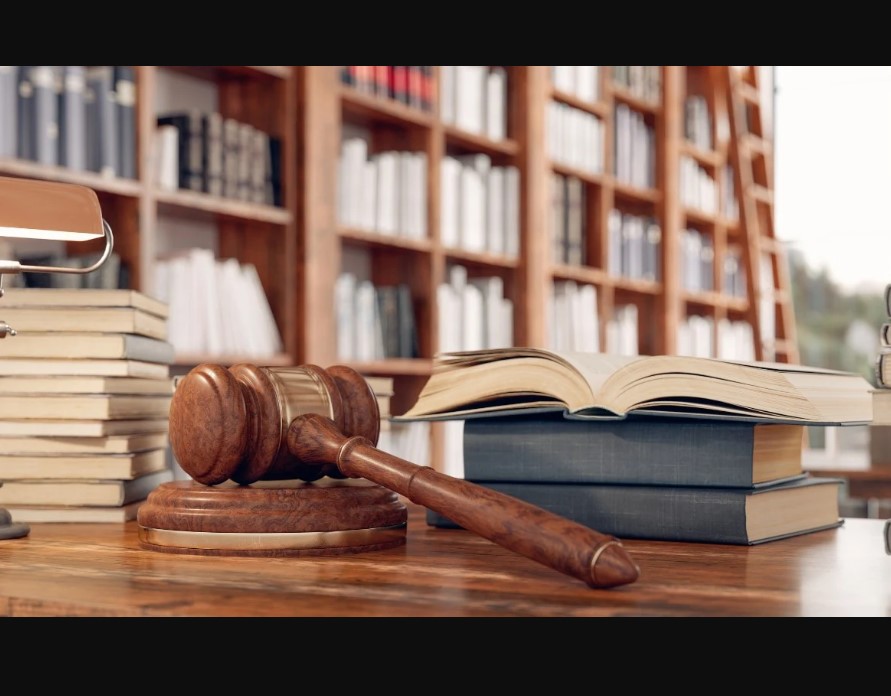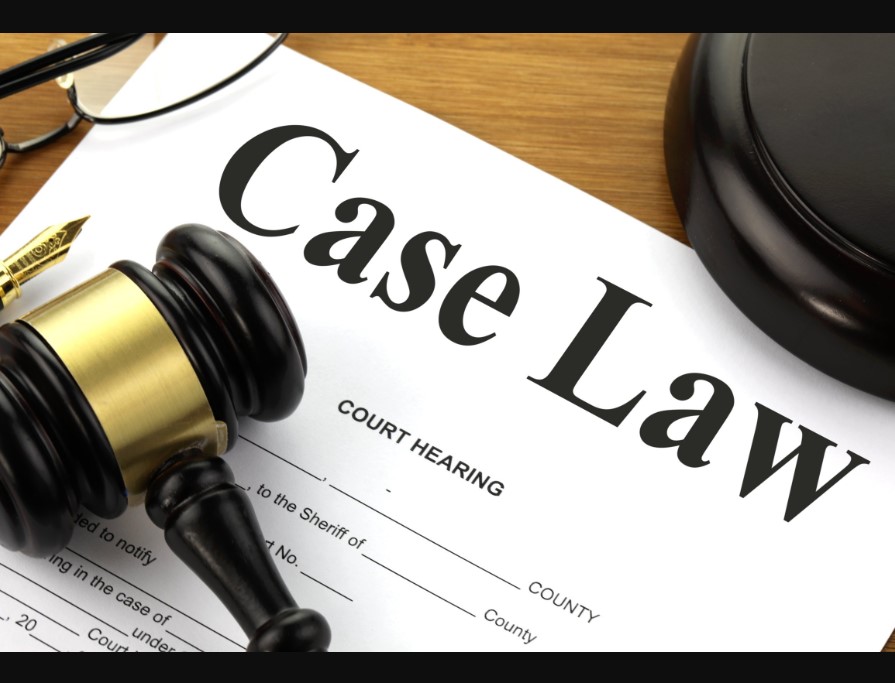
Precedent plays a vital role in the legal systems of many countries, particularly those that follow common law traditions. It is a concept that ensures consistency and predictability in the application of law, helping to guide judges and legal practitioners in their decisions. This article will delve into the definition of precedent, its types, significance, and how it operates within the legal framework.
What is Precedent?
Precedent, derived from the Latin term “stare decisis,” translates to “to stand by things decided.” It refers to the legal principle wherein the decisions made in previous cases serve as authoritative examples for future cases. In essence, a precedent is a judicial decision that is considered as an authoritative rule for future cases involving similar facts or legal issues.
There are two main types of precedent: binding precedent and persuasive precedent.
Binding Precedent
Binding precedent occurs when a higher court’s decision must be followed by lower courts in the same jurisdiction. This is crucial for maintaining a uniform interpretation of the law. For example, if the Supreme Court of a country rules on a specific legal issue, lower courts must adhere to that ruling in subsequent cases, unless the Supreme Court overrules itself or the legal context changes.
Binding precedents ensure that similar cases receive similar treatment, thereby upholding the principle of equality before the law. This consistency promotes public confidence in the legal system and encourages individuals to adhere to laws knowing how they are likely to be applied.
Persuasive Precedent
Persuasive precedent, on the other hand, refers to decisions made by courts that are not binding but may still influence a court’s decision. Such precedents can come from lower courts, courts from other jurisdictions, or even from obiter dicta—remarks made by judges that are not essential to the decision in the case. While persuasive precedents do not have to be followed, they can offer valuable insights and reasoning that a judge may consider when making a ruling.
For instance, a state court may look at rulings from other state courts or federal courts when faced with an issue not yet resolved within its jurisdiction. This practice fosters a broader interpretation of the law and allows judges to benefit from the reasoning and analyses of their peers.
The Role of Precedent in the Legal System
Precedent serves several critical functions in the legal system:
Promoting Stability and Predictability
One of the primary purposes of precedent is to promote stability and predictability within the law. By relying on previous rulings, courts can provide consistent legal outcomes, allowing individuals and entities to anticipate how the law will be applied. This predictability is essential for upholding the rule of law and ensuring justice is administered fairly.
Facilitating Judicial Efficiency
Precedent also facilitates judicial efficiency by reducing the time and resources needed to resolve cases. Judges can reference previous decisions that address similar issues, enabling them to reach conclusions more swiftly. This efficiency is especially important in busy court systems where judges handle numerous cases daily.
Supporting Legal Development
Over time, the body of case law created by precedents allows for the evolution of legal principles. As society changes, courts may interpret existing laws in new ways based on emerging norms or circumstances. This flexibility enables the law to adapt to contemporary issues while maintaining a framework that supports consistency and reliability.
Encouraging Fairness
By adhering to precedents, courts help ensure that similar cases are treated similarly, promoting fairness in the legal process. This adherence to established rulings discourages arbitrary decision-making and enhances the integrity of the judicial system.
Limitations and Challenges of Precedent
While precedent is essential to the functioning of the legal system, it is not without its limitations and challenges:
Rigidity
One criticism of the precedent system is its potential rigidity. Over time, some precedents may become outdated or no longer align with societal values. In such cases, courts may feel constrained by the obligation to follow previous rulings, even when they recognize the need for change. This can lead to a reluctance to adapt the law to evolving circumstances.
Conflicting Precedents
In some instances, conflicting precedents can arise, particularly when different courts interpret the same legal issue differently. This lack of uniformity can create confusion and uncertainty about the applicable law, complicating legal proceedings. When faced with conflicting precedents, judges must navigate these complexities, which can result in unpredictable outcomes.
Judicial Activism vs. Restraint
The concept of precedent also raises questions about judicial activism versus judicial restraint. Some judges may prioritize adhering strictly to precedents, while others may adopt a more flexible approach, considering broader implications and societal contexts. This tension can influence legal interpretations and outcomes, leading to debates about the role of the judiciary in shaping the law.
The Future of Precedent in Legal Systems
As society continues to evolve, the role of precedent in the legal system will also be subject to change. The rise of technology, shifts in public opinion, and increased awareness of social issues may influence how courts interpret and apply precedents in the future.
Legal scholars and practitioners are increasingly advocating for a more dynamic approach to precedent, encouraging courts to consider the broader implications of their rulings and the impact on society. This shift may lead to a re-examination of long-standing precedents and an openness to innovative interpretations that better reflect contemporary values.
Conclusion
Precedent is a cornerstone of the legal system, providing stability, predictability, and fairness in the application of law. While it has its limitations, the principles of binding and persuasive precedent facilitate judicial efficiency and support the development of legal doctrines. As society evolves, so too must the understanding and application of precedent, ensuring that the law remains relevant and responsive to the needs of the community it serves. By balancing respect for established rulings with a willingness to adapt, the legal system can continue to uphold justice and integrity in an ever-changing world.





